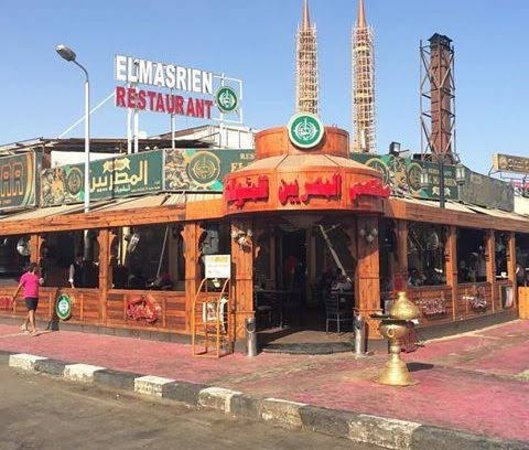Suez
WELCOME TO Suez
Province Overview
Suez
22,000 km2
770,000
Arabic

Popular
Geography and Tourist Attractions
Information about the province's tourist attractions, including popular destinations, events, and activities.
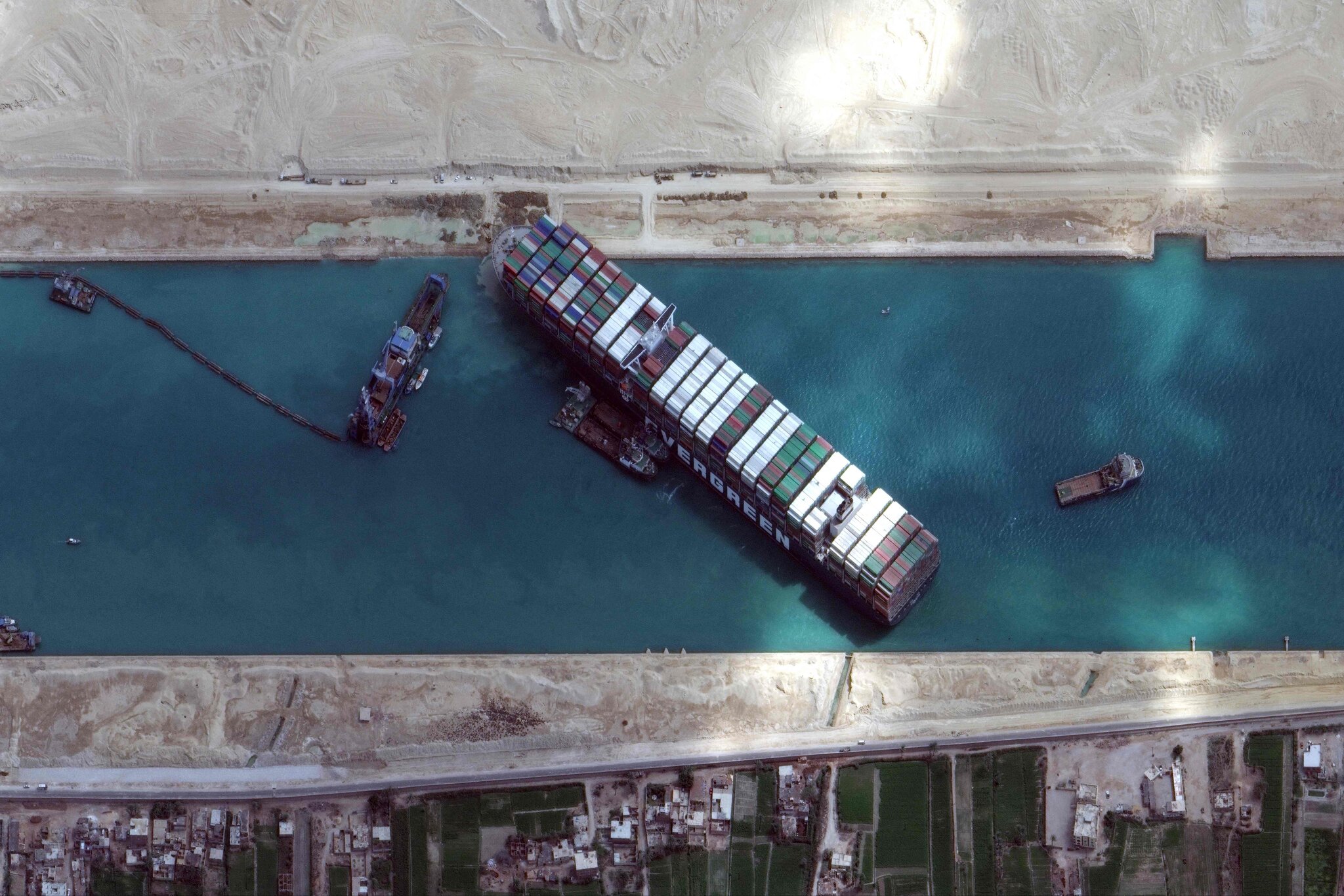
Suez Canal
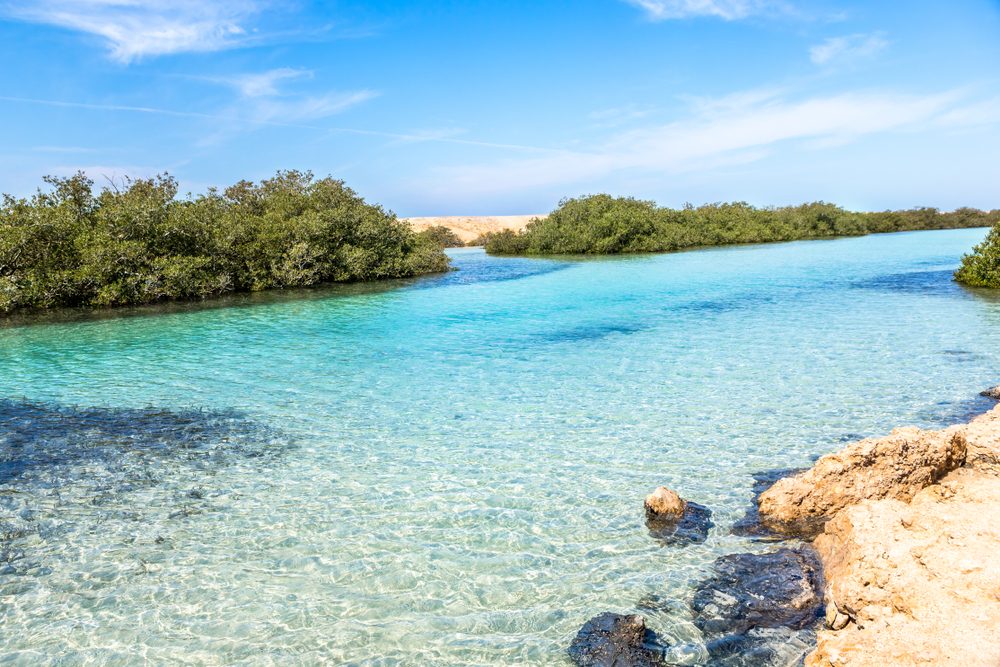
Ras Muhammad National Park
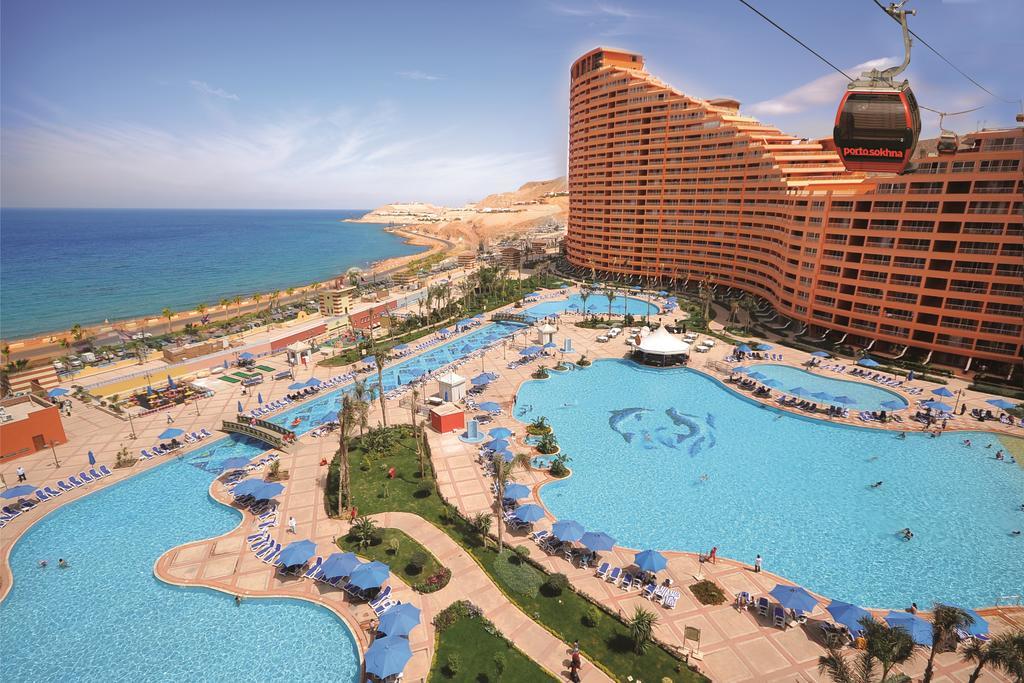
Ain Sokhna
Political
Economy and Government
The province of Suez in Egypt is strategically located along the Suez Canal, which significantly influences its economy. The canal serves as a major trade route, facilitating the movement of goods between Europe and Asia, and contributes to the province's economic growth. Additionally, Suez is home to various industrial zones and free trade areas, attracting investments and promoting industrial activities.
The government of Suez focuses on developing and expanding its infrastructure to support economic activities. Efforts have been made to enhance transportation networks, such as roads and railways, to facilitate the movement of goods and people within the province and beyond. The government also aims to attract foreign investments and promote tourism, recognizing the potential of the province's natural and cultural assets.
The Suez Economic Zone, established in Ain Sokhna, plays a vital role in the province's economy. It offers various incentives and benefits to businesses, including tax exemptions and simplified administrative procedures, encouraging both local and international companies to set up operations.
The government of Suez is committed to improving the quality of life for its residents. It invests in social services, education, healthcare, and infrastructure projects to enhance living conditions and provide essential amenities. The province is also engaged in environmental preservation and sustainable development initiatives, recognizing the importance of protecting its natural resources for future generations.
Overall, the economy of Suez is closely tied to trade, industry, and investments, while the government focuses on infrastructure development, attracting investments, and ensuring the well-being of its residents.
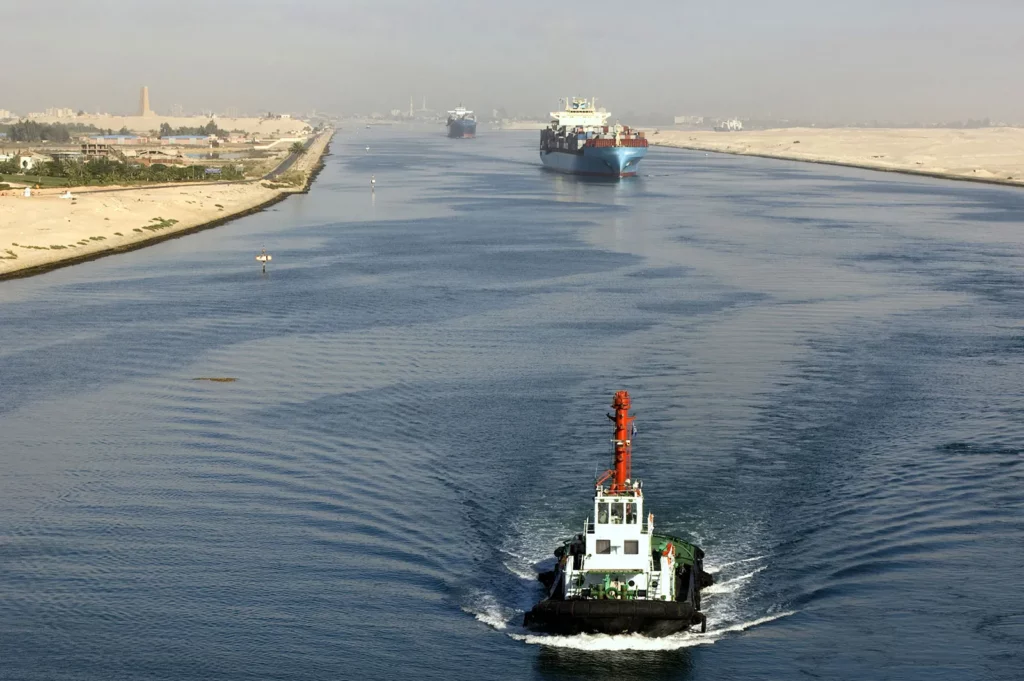
History
History and Culture
The province of Suez in Egypt has a rich history and vibrant cultural heritage. It has witnessed the passage of civilizations and played a significant role in shaping Egypt's history.
Historically, Suez was a crucial region due to its proximity to the Suez Canal. It was an area of strategic importance during ancient times, connecting trade routes between Africa and Asia. The region has been influenced by various civilizations, including the Ancient Egyptians, Romans, Byzantines, and Arabs.
The province of Suez is also known for its cultural diversity. The local population consists of Egyptians from different ethnic backgrounds, including Bedouins, who have a distinct cultural identity and traditions. Their nomadic lifestyle and deep connection with the desert have left a mark on the region's cultural fabric.
Traditional arts and crafts thrive in Suez, with skilled artisans producing intricate pottery, weaving, and handcrafted items. Local festivals and celebrations showcase traditional music, dance, and folklore, providing a glimpse into the cultural heritage of the province.
Moreover, Suez is home to archaeological sites that hold historical importance, such as Tell Abu Seifi and Tell Ibrahim Awad. These sites contain remnants of ancient settlements and provide insights into the region's past.
Preserving and promoting the history and culture of Suez is a priority for the local government, with initiatives aimed at heritage conservation, cultural events, and tourism development. These efforts ensure that the province's rich history and diverse cultural traditions continue to thrive and be appreciated by locals and visitors alike.
HOTELS
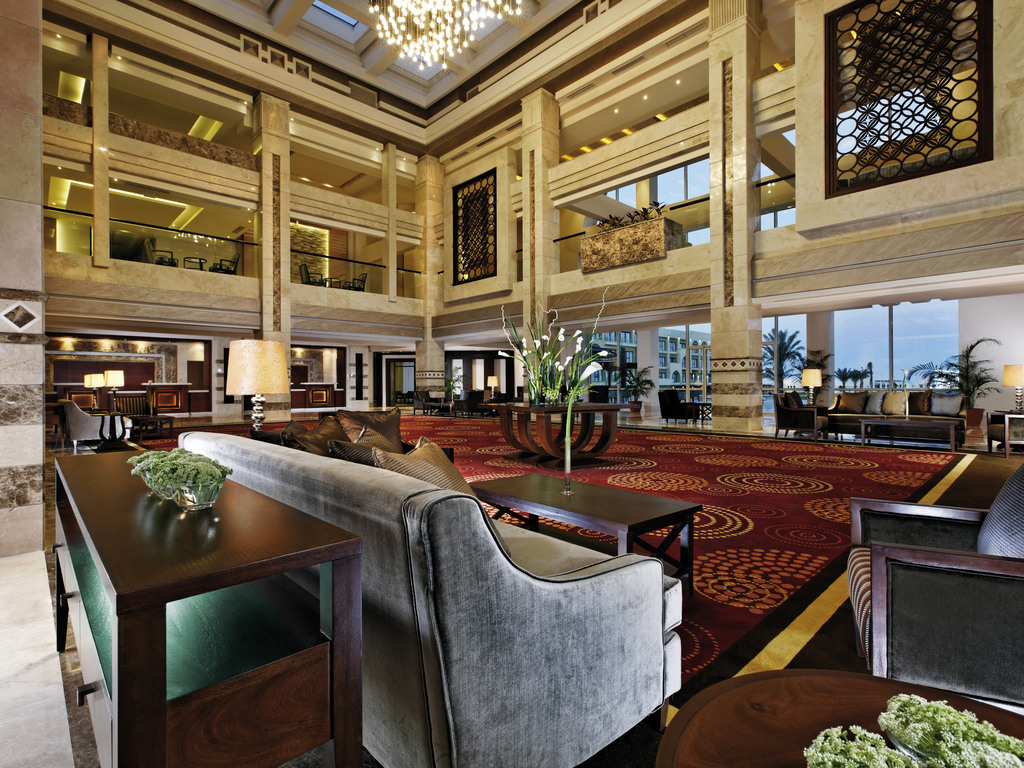
Mövenpick Resort Soma Bay
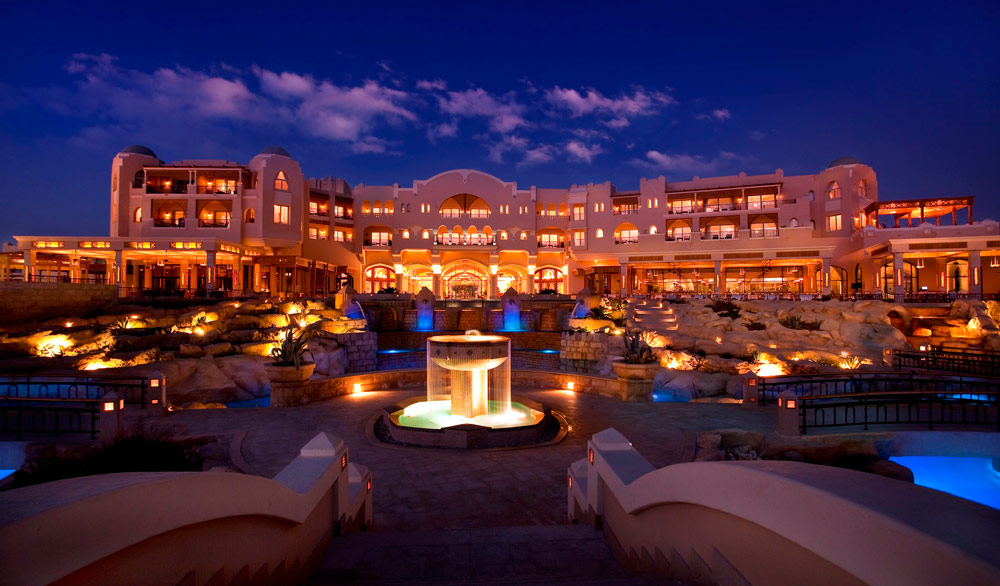
Kempinski Hotel Soma Bay
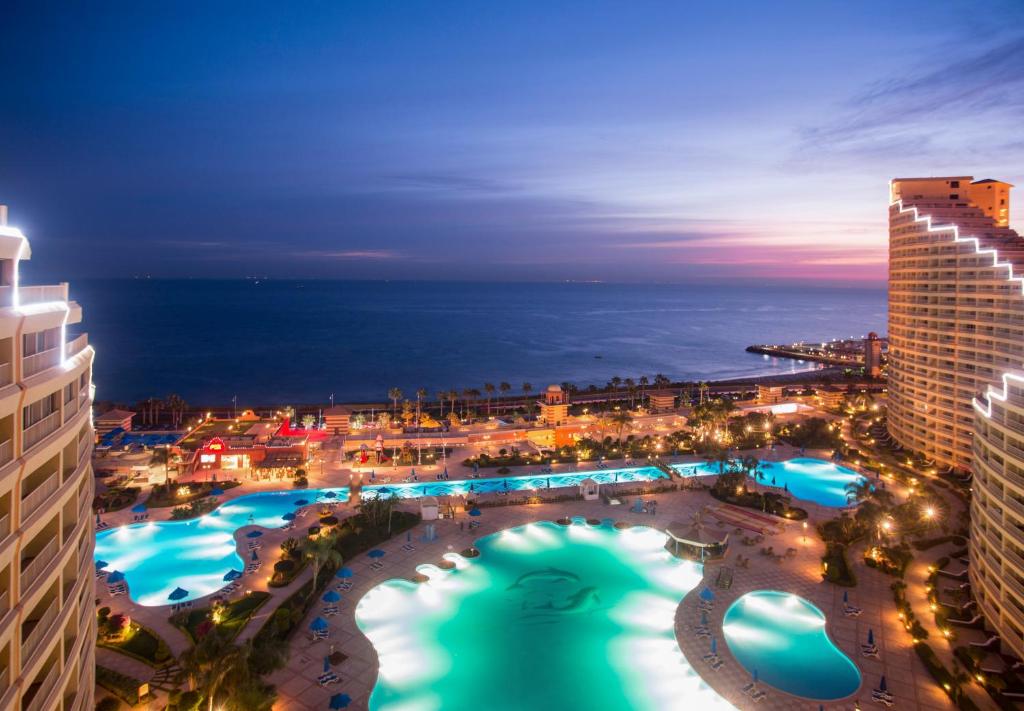
Porto Sokhna Beach Resort & Spa
RESTAURANTS
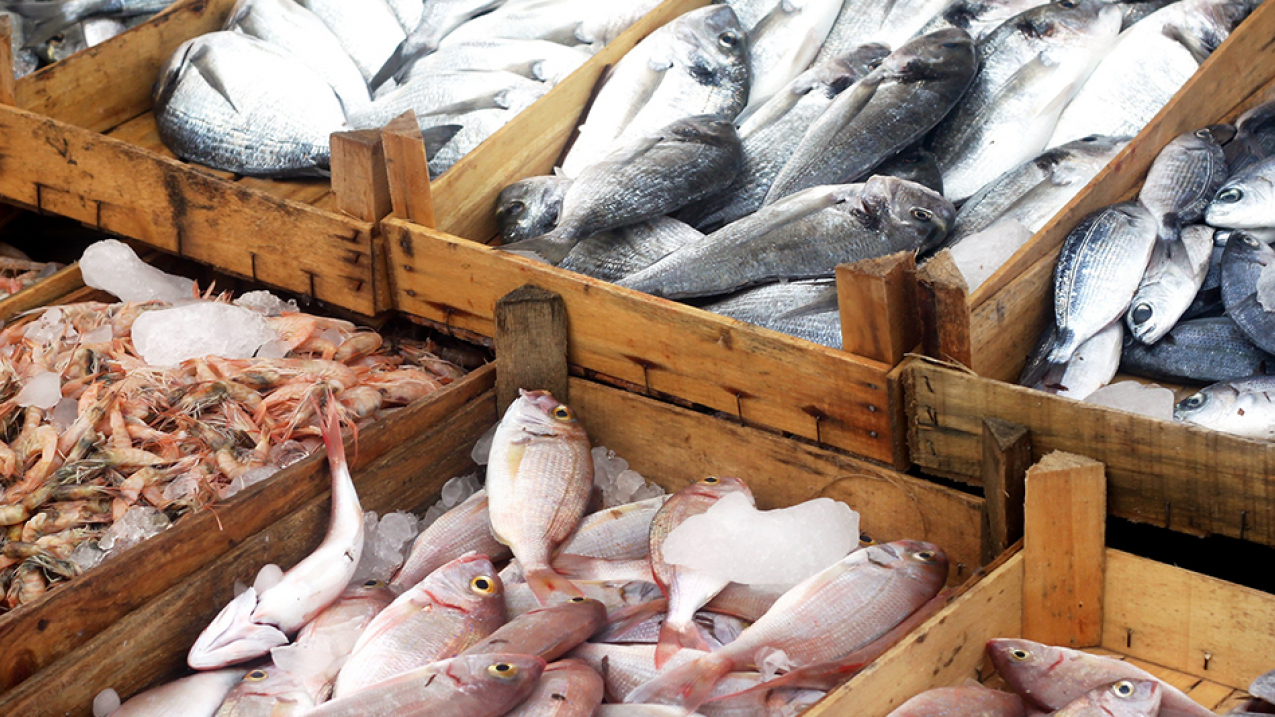
Fish Market
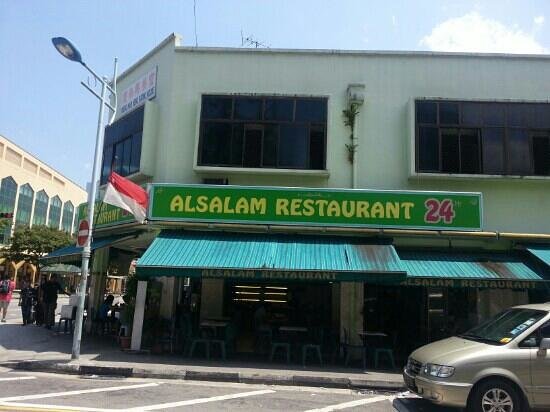
Al Salam Restaurant
